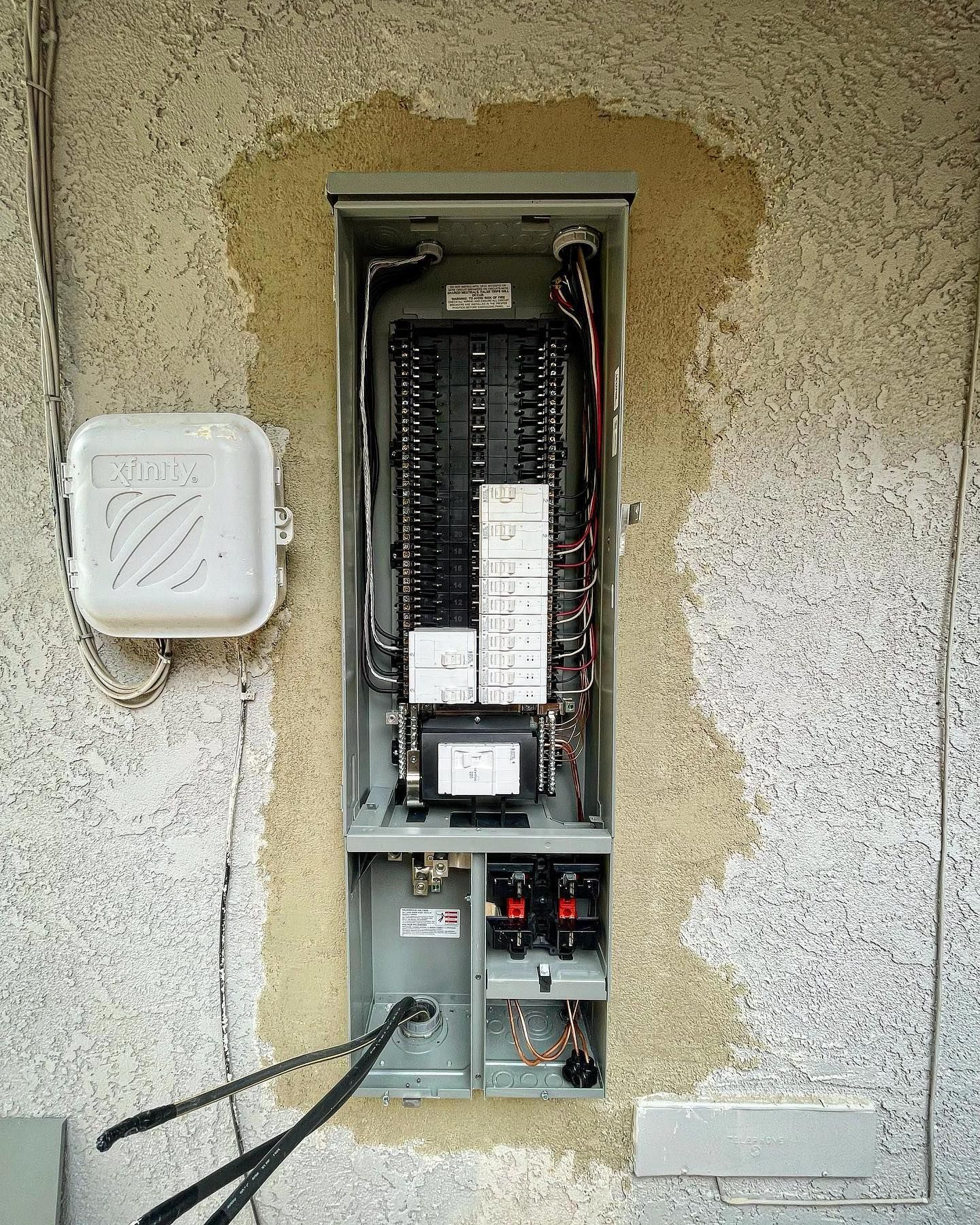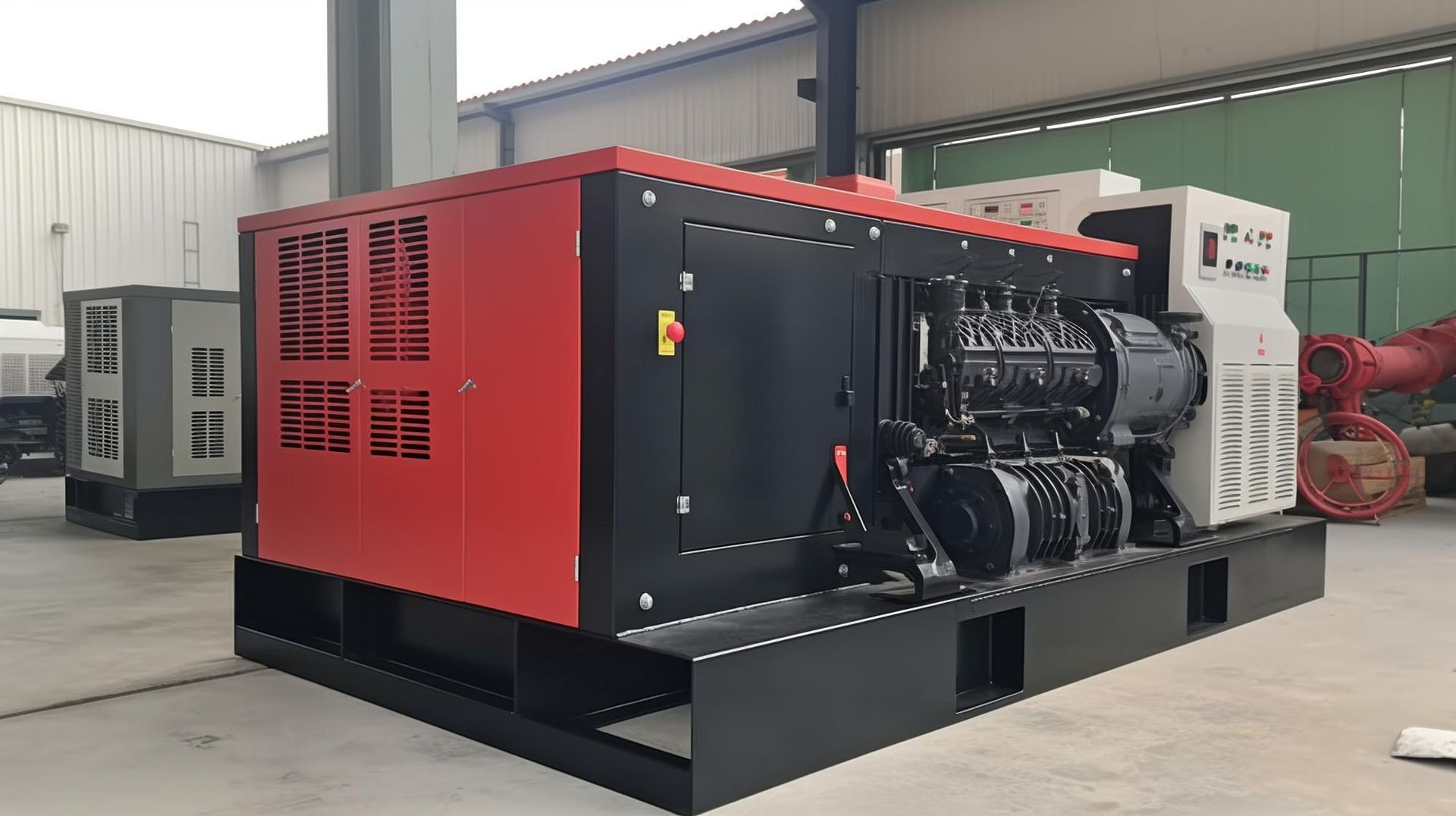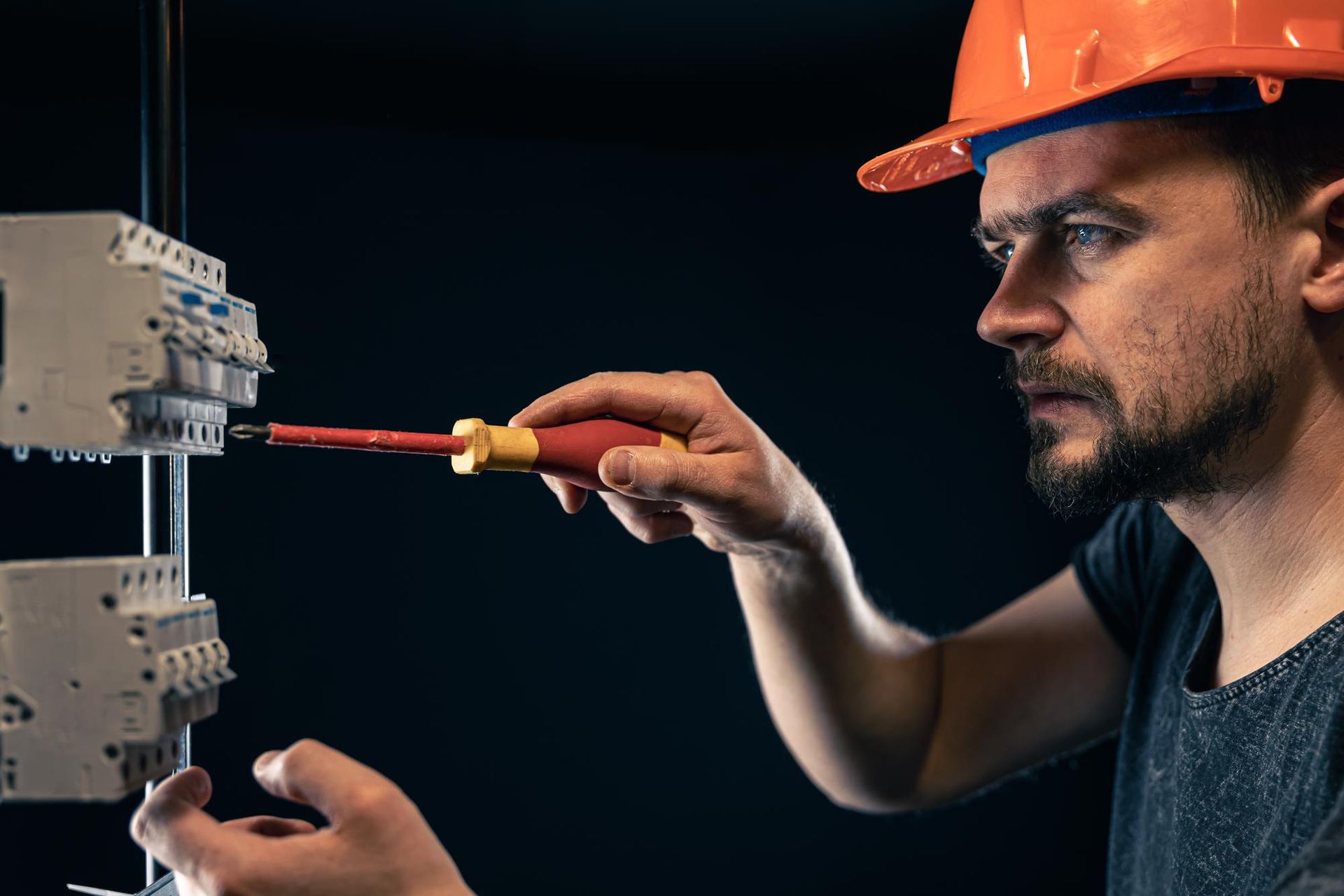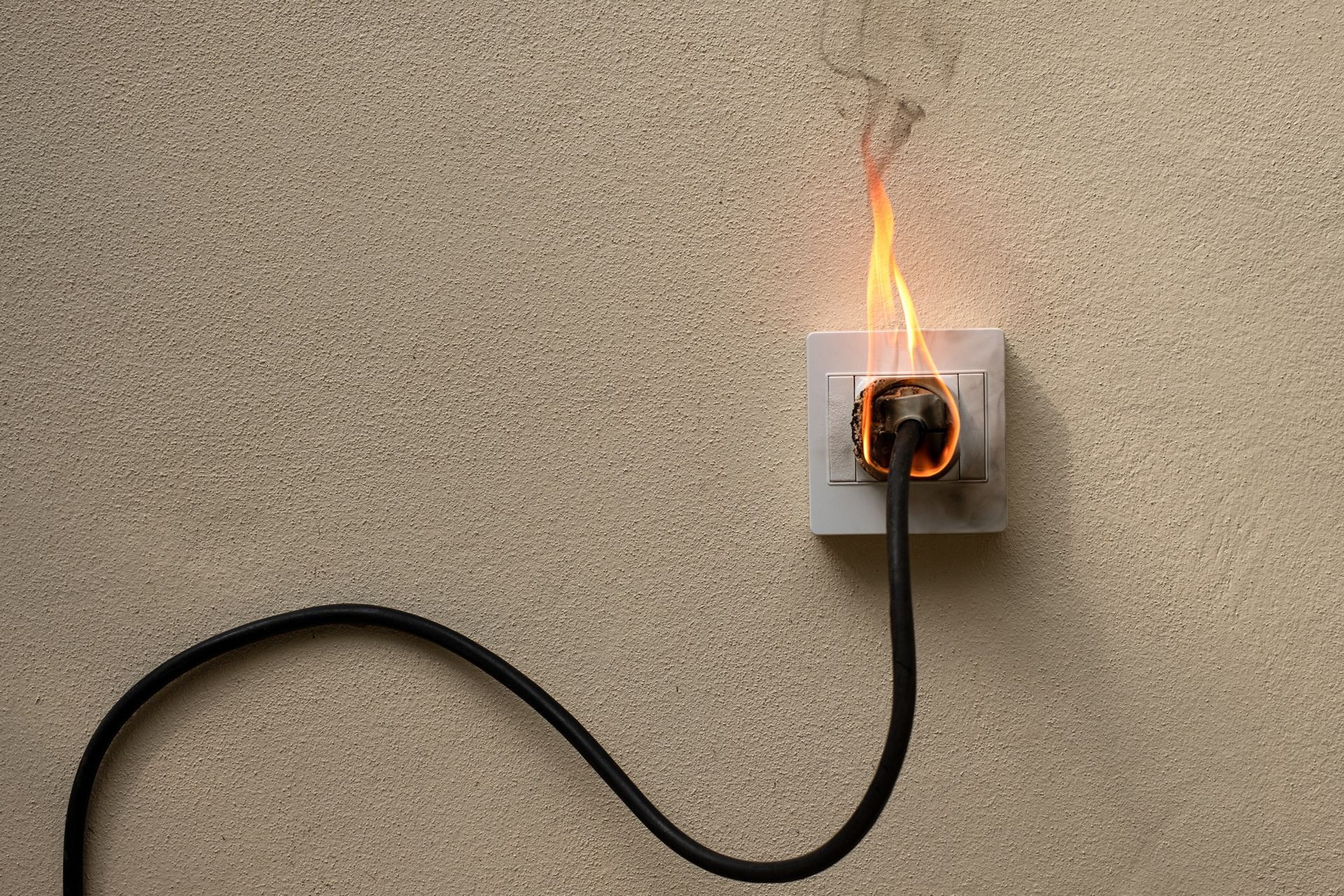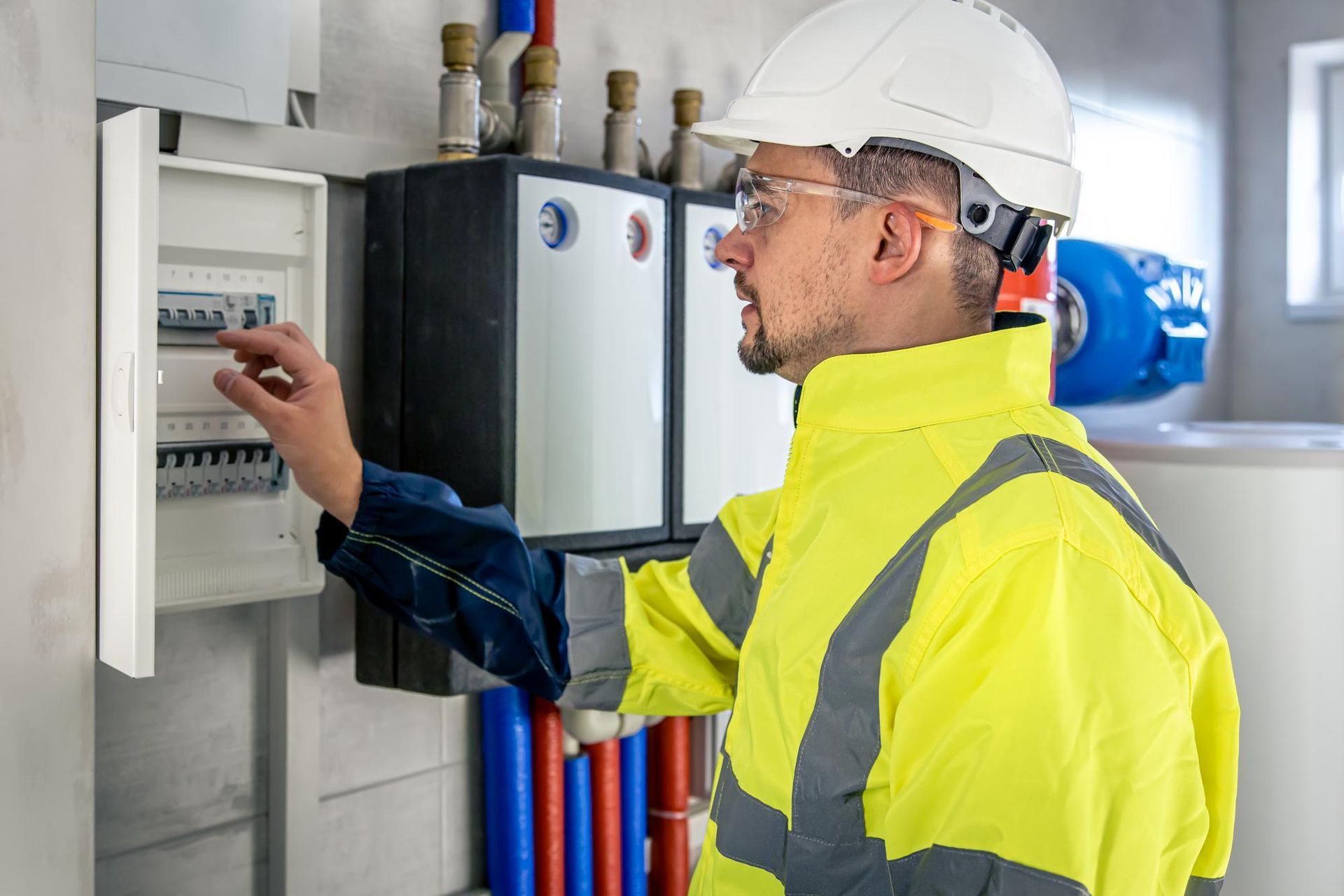Sacramento, CA
Understanding the Importance of Grounding in Electrical Construction
Grounding is one of the most essential safety mechanisms in any electrical system, whether it's for residential, commercial, or industrial purposes. It plays a crucial role in preventing electrical shock, fires, and damage to appliances and electronics. In electrical construction, grounding is a key aspect that professionals take into account when designing and implementing electrical systems.
What Is Grounding?
In simple terms, grounding involves connecting an electrical system directly to the earth. This is usually achieved through a network of conductors, rods, and electrodes that create a pathway for electrical current to travel safely into the ground. Grounding makes an electrical system safer by providing an avenue for excess electricity to dissipate, reducing the risk of electrical shocks and fires.
The principle of grounding lies in the fundamental laws of electricity. Electrical current, like water, always seeks the path of least resistance. By creating a direct path to the earth, we ensure that in the event of a fault - when there's unwanted or unsafe electricity flow - the excess electricity will naturally follow this path down to the ground. This prevents the current from taking unintended paths, such as through a person or equipment, which could result in hazardous electrical shocks or even fires.
Grounding also plays a pivotal role in stabilizing voltage levels in electrical circuits, which aids in the prevention of damage to appliances and reduces the risk of fires. Without a proper ground, voltage levels could fluctuate wildly, leading to potential damage to the electrical components and increasing the risk of electrical shock.
Another essential aspect of grounding is that it allows circuit protection devices like fuses and circuit breakers to work effectively. When an electrical system is grounded, these safety devices can sense when something is wrong (like a short circuit) and automatically disconnect the electrical supply, mitigating the risk of electrical fires.
Grounding doesn't just apply to new electrical installations, either. If you live or work in an older building, the electrical system might not be grounded. If that's the case, it's crucial to get an electrical professional to install a grounding system. It's an upgrade that could potentially save lives and property.
The Role of Grounding in Safety
When an electrical system is grounded, it drastically reduces the risk of electrical shocks. This is because the grounding pathway provides an easier route for electrical energy to flow, meaning it's less likely to pass through a person and cause harm. Moreover, grounding can prevent fires caused by electrical faults. Any sparks generated by a fault in a grounded electrical system will be less likely to ignite a fire, as the grounding pathway will carry away most of the fault current.
Grounding also protects your electrical appliances and devices. In the event of a lightning strike or power surge, a grounded system will direct the excess energy into the ground, rather than letting it flow through your appliances. This can prevent damage to your valuable electrical equipment and reduce the cost of repairs or replacements.
Grounding in Electrical Construction
In the realm of electrical construction, grounding is an integral part of the design and installation process. Professional electricians ensure that all electrical systems are correctly grounded to comply with safety standards and regulations.
For instance, when installing a main service panel, electricians will typically connect it to grounding electrodes. These electrodes are usually copper or steel rods driven into the ground. This connection ensures that any fault current from the service panel can be safely directed into the ground.
In new construction projects, grounding is even more important. The electrical system of a new building must be designed with grounding in mind from the start. This involves planning the locations of grounding electrodes, choosing the right materials for the grounding conductors, and ensuring that all electrical circuits are connected to the grounding system.
In residential projects, the main grounding conductor often connects the house wiring to a ground rod and to the metal water pipes. For commercial or industrial settings, more complex grounding systems may be required, including multiple grounding electrodes and specialized equipment.
Moreover, every outlet, switch, and junction box in a building is connected to the grounding system. This ensures that all parts of the electrical system can quickly and safely carry fault current to the ground, reducing the risk of electrical shock or fire.
The grounding system's design and implementation must comply with all local and national electrical codes. Skilled electricians follow these regulations meticulously, ensuring that your building's electrical system is not only efficient and reliable, but also safe. This underscores the importance of grounding in electrical construction—it’s not just about the functionality of your electrical system, but also about the safety of the building’s inhabitants.
Maintaining Grounding Systems
Even after an electrical system has been properly grounded and construction is complete, the job is not done. The grounding system needs ongoing maintenance to ensure it continues to provide the highest level of safety.
Over time, grounding components can become susceptible to wear and tear due to environmental factors, age, and usage. Corrosion can degrade grounding electrodes and connections, reducing their effectiveness. Grounding conductors can also become damaged or loose, leading to an increased risk of electrical faults. Consequently, it is crucial to schedule regular inspections and maintenance to keep your grounding system functioning optimally.
Regular checks by a certified electrician can ensure that any signs of degradation are caught early. These professionals can measure the resistance of the grounding system to verify that it can adequately carry fault current. They can also confirm that all the electrical circuits remain correctly connected to the grounding system and that all grounding components are in good condition.
If any issues are found during these checks, the electrician can carry out necessary repairs or replacements to keep the grounding system working effectively. This may include replacing corroded electrodes, tightening loose connections, or even upgrading the grounding system if required.
Maintenance of grounding systems also involves keeping up-to-date with changes in safety standards and regulations. As advancements are made in the field of electrical safety, grounding requirements may evolve, and it's crucial to ensure that your system remains compliant.
Thus, maintaining your grounding system is not a one-time task, but rather an ongoing responsibility. With regular inspections and maintenance, you can ensure that your electrical system continues to provide a high level of protection against electrical faults, preserving the safety of your property and its inhabitants.
In Conclusion
Grounding is a vital component of any electrical system. It provides essential protection against electrical shocks, fires, and appliance damage, contributing to the safety and security of your home or business. When it comes to electrical construction, grounding is a top priority. Professionals dedicate significant time and effort to designing, implementing, and maintaining grounding systems, highlighting the importance of grounding in the electrical construction industry.
Whether you're planning a new construction project or looking to upgrade your existing electrical system, make sure to work with professionals who understand the importance of grounding. This will ensure that your electrical system is safe, efficient, and compliant with all relevant safety standards and regulations. Remember, when it comes to electrical systems, safety should always be the top priority, and grounding plays a crucial role in achieving that.


